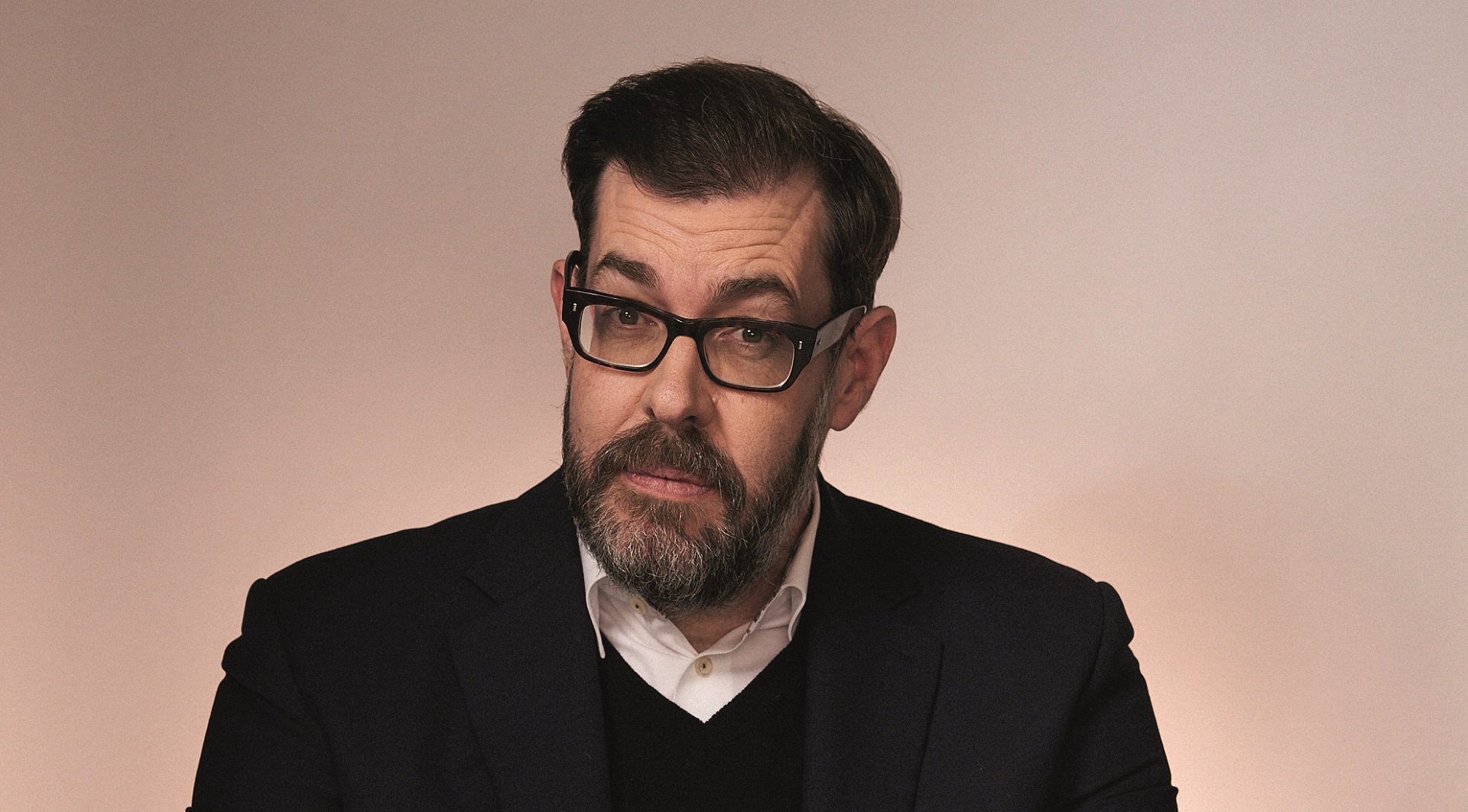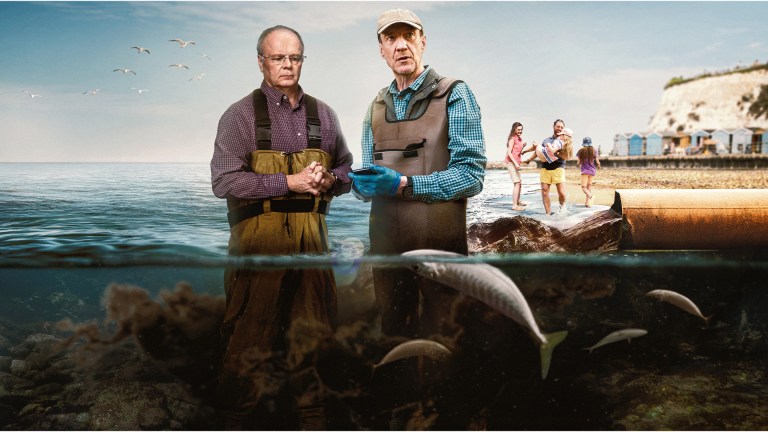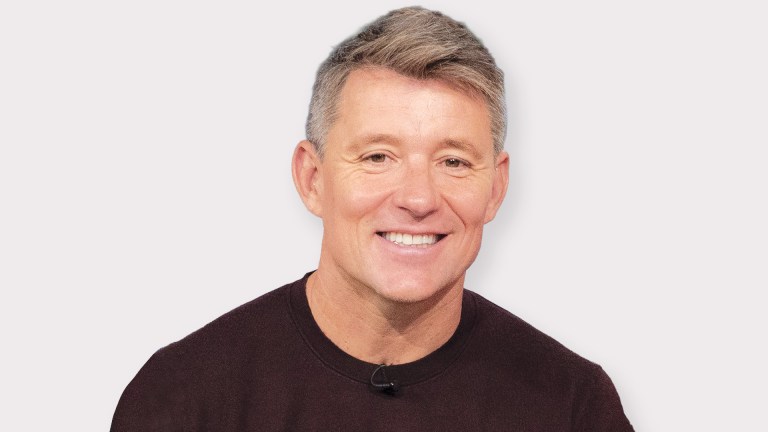I don’t look back on being 16 with any pleasure, it wasn’t my finest hour. I didn’t take school very seriously. I didn’t have a love of learning, but I understood that you’ve got to get A levels and then everyone will leave you alone. So I did the minimum to get that done. I was just growing into my height then – I was already around 6’4”, pretty big. So I was becoming super awkward and self-conscious. Being very tall is very othering. I always say to my son, and this is the advice I would give to me if I went back now – there’s only two ways people are going to see you the first moment you walk into a room. They’re going to say, there’s a really tall guy, or they’re going to say, there’s a really tall guy who looks really awkward about being tall. So you have to find a way to love who you are.
There are some aspects of the 16-year-old me which haven’t changed much at all. I was obsessed with sport, obsessed with lists. Completely obsessed with television. I thought I loved music but the older I get, especially when I’m around people who really love music, I’m not sure I really like it all that much. My brother [Mat Osman, bassist in Suede] was very cool, he was listening to Primal Scream, The Jesus and Mary Chain, he truly loved music. I think I just loved reading about it in the music papers. Sport is my love, comedy is my love. And that hasn’t changed. So in that sense I haven’t matured as much as I might have done. Or perhaps I was just exceptionally mature then. But I don’t think I was.
I find it hard when I’m looking back at my childhood to have my dad in it in any form [his father left the family home suddenly when Richard was nine years old]. Maybe he’s sort of there in my head, I suppose, but he’s definitely not in my heart. I remember very clearly when I was nine, and my world was a fairly great place, and I walked into the front room – he was there, my mum was there, my grandmother was there, which was weird, though of course I realised later that was for moral support – and they just said, look, your dad is in love with somebody else and he’s leaving. I just thought… riiight, OK. And he left and his entire side of the family never spoke to us again.
I’m really, really, really in touch with nine-year-old me, I can really access my brain then. I think it’s because I sort of went off in a slightly different direction after my dad left, I went off course. Which is understandable because I had to find a way
to fix the pain. And everyone else’s pain, which of course I couldn’t do. I focused entirely on protecting myself, being overly careful about everything. Listen, we all have trauma and I had a much lesser trauma than a lot of people have. It’s our ability to deal with trauma, that’s the important thing. And I dealt with it very badly. And this was 1979, when no one talked about such things. You got maybe a couple of days off school and then it was, right, let’s get on with things. Looking back now I think everything up to age nine, that is the real me. It took me many years but eventually I found that again and that’s how I feel now.
I love all sport. I don’t play much ’cause my eyesight isn’t great. But I love, love, love watching it. When I think of the companionship it has given me over the years, it’s just extraordinary. I remember when I was 15, staying up till after midnight to watch the ’85 snooker world final. Then two years ago I went to do an interview for the BBC, and Steve Davis set up the same famous black that he missed, in the final blast of the final frame, to lose that match [against Dennis Taylor]. And he let me have a go at it. I got down to the shot. And I dropped it in. I didn’t do any kind of fist bump with him; I just said, Steve, you know, that wasn’t so hard. Oh, if I could talk to my 16-year-old self now and say, you’re gonna put away that shot in front of Steve Davis, my younger self would say, you know what Richard, you have lived a good life my friend.
A few years ago I went to see my dad. It was his brother’s 50th wedding anniversary so I thought, I’m going to take the kids, they should really meet the rest of this family. But it was so cold. There were lots of them standing around talking about what an extraordinary woman my paternal grandmother was. And they said to me, what did you make of her? I said, honestly, she literally never spoke to me after my dad left, never sent me a Christmas card. So that’s not really a conversation they’re gonna join in on. Some families are just like that. The other side of my family fortunately, my mum’s side, are completely the opposite. Loving and open. So I did all right. I think if I was talking to my younger self, I would say, you know what, you’re a Wright, not an Osman. You’ll live Iike a Wright and you’ll have the same sort of career and life and kindness and happiness as a Wright. And that will be a massive relief to the younger me.









